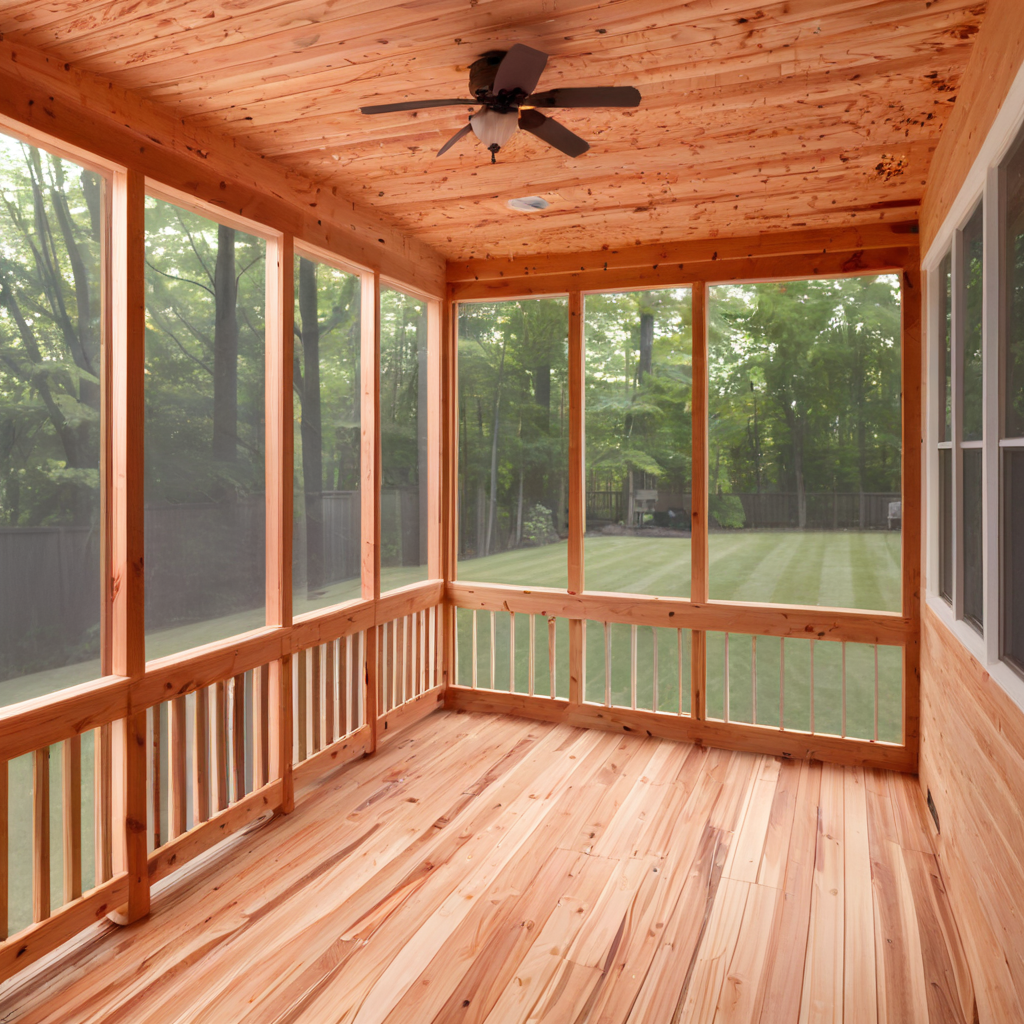
When it comes to building outdoor structures or furniture, using naturally repellent woods can help deter insects and pests, reducing the need for chemical treatments or insecticides. Here are some types of wood that are known for their natural repellent properties:
1. Cedar:
- Cedar wood is a popular choice for outdoor projects due to its natural insect-repelling properties. The scent of cedar contains oils that act as a natural insect deterrent, making it resistant to pests like moths, termites, and ants. Cedar is commonly used for decks, fences, and outdoor furniture.
2. Redwood:
- Redwood is another naturally repellent wood that is resistant to decay, rot, and insect damage. The natural tannins and oils in redwood help repel insects and make it a durable choice for outdoor applications, such as decking, siding, and pergolas.
3. Cypress:
- Cypress wood is known for its natural resistance to insects, decay, and rot, making it a popular choice for outdoor construction projects. The natural oils in cypress wood act as a deterrent to termites, carpenter bees, and other wood-boring insects, making it a long-lasting and low-maintenance option for outdoor structures.
4. Teak:
- Teak wood is highly valued for its natural resistance to pests, moisture, and decay. The high oil content in teak wood acts as a natural insect repellent, making it a preferred choice for outdoor furniture, boat decks, and other applications where durability and insect resistance are essential.
5. Alaskan Yellow Cedar:
- Alaskan Yellow Cedar is a durable and insect-resistant wood species that is commonly used for outdoor projects. The natural oils in yellow cedar help protect the wood from insects, decay, and moisture, making it a sustainable and environmentally friendly choice for decking, siding, and outdoor structures.
6. White Oak:
- White Oak is a hardwood species known for its natural resistance to insects and decay. The dense grain and high tannin content in white oak make it less appealing to insects like termites and beetles, making it a suitable choice for outdoor furniture, decking, and fencing.
When selecting wood for outdoor projects, consider using naturally repellent woods like cedar, redwood, cypress, teak, Alaskan yellow cedar, or white oak to benefit from their insect-repelling properties and durability. These woods not only provide natural protection against pests but also offer beauty, longevity, and sustainability for your outdoor structures, ensuring that they remain functional and aesthetically pleasing for years to come.
Cedar Hill St. Louis Jefferson County Olivette Kirkwood Ballwin Arnold Franklin County St Charles County Fenton High Ridge Dittmer Creve Coeur
